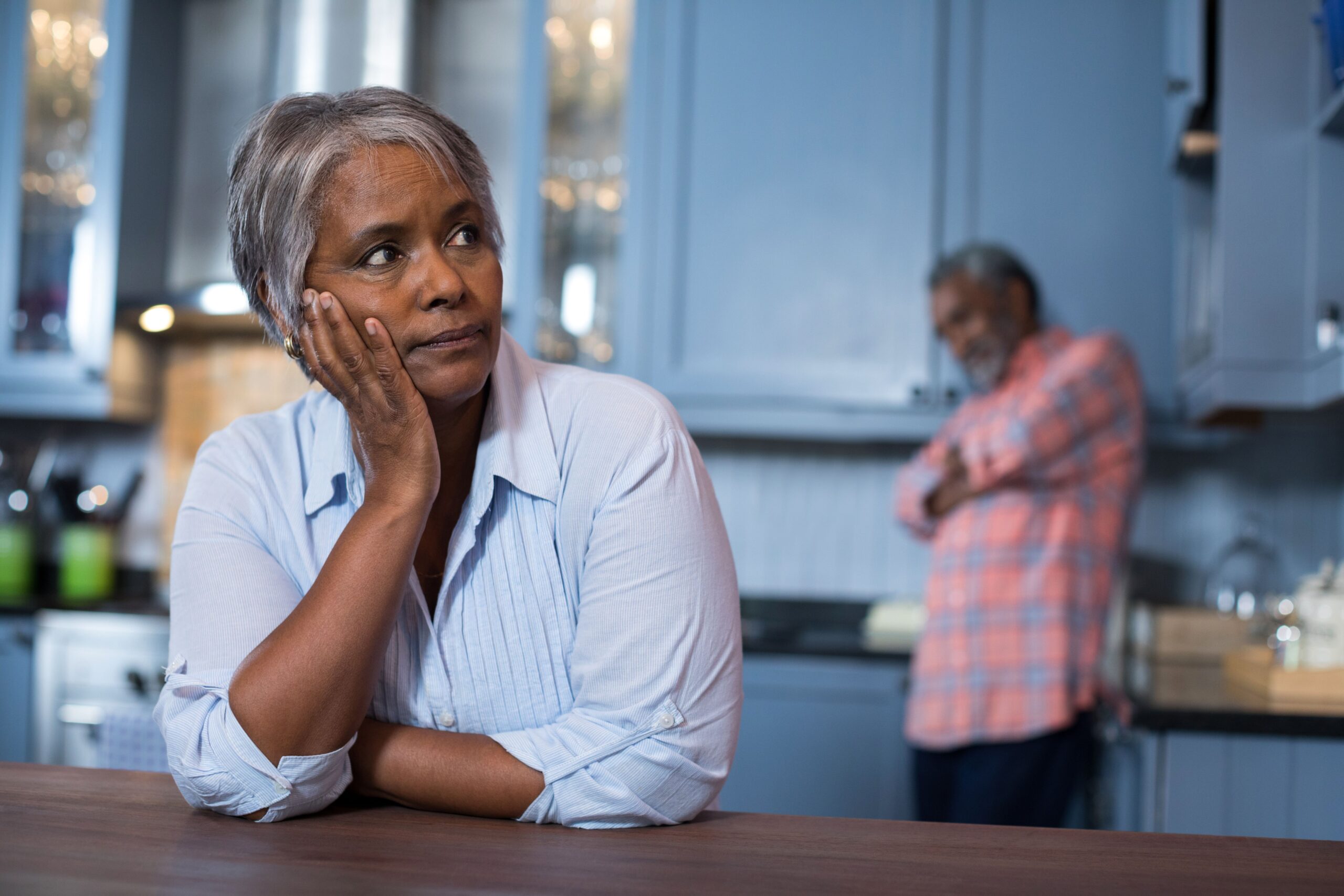Endometriosis can have a profound effect on a person’s ability to work, care for their home, care for their family, and even care for themselves- and this impacts their loved ones as well (Missmer et al., 2021). Endometriosis can have a “negative impact on intimate relationships” (Facchin et al., 2021). It is essential for the person with endometriosis and their support person(s) to have a plan to take care of both of themselves.
The impact endometriosis has on the activities of daily life is not well understood by the general population. This makes it difficult for even loved ones and family members to understand why you may be so fatigued or in too much pain some days to do what you might be able to other days- not to mention the emotional toll it can have. Education for loved ones about the disease itself is important as is education about the treatment. To “minimize the negative impact of endometriosis” on an individual’s life course, “early diagnosis and effective intervention in treating the disease” is imperative (Missmer et al., 2021). This is what we advocate for so strongly- early diagnosis and effective treatment to minimize the impact on a person’s life!
Once your support person or caregiver has a better understanding of the disease and its treatment, you can both develop a plan on how to handle its impact on your lives. Endometriosis can be life altering for those of us with it and those around us. It is important to address the way endometriosis affects our daily lives and have a plan to care for ourselves and our caregivers. This could be parents, partners, children, and various other loved ones involved in our lives. Each might have a different role to play and its good to have a collective plan to lessen the detrimental effects of endometriosis.
For those of us with endometriosis, remember it’s okay to need help. It is easy to feel guilty about not being able to do things, but don’t feel guilty for the effects of a chronic illness. You are doing the best you can. Accept help when it’s offered. Be realistic about what you need to live your best life possible where you are at. Borrowing from the Marine Corps, we have to improvise and adapt if we are to overcome. You are worth the effort.
For the caregivers in our lives- thank you. You’ll never know how much it means to have someone love, understand, and support us on this difficult journey. There are many of us who don’t have that support in our lives and are most acutely aware of how much it would mean. We want you to take care of yourself too. The following is for anyone who is in a caregiver role (including those of us with endometriosis who are in a caregiver role as well):
Being a support person or a caregiver can be both difficult and rewarding. When you start to feel the weight of it, there is a nursing diagnosis for it called “caregiver role strain” (Wayne, 2017). “While caregiving can be rewarding and positive, many family caregivers experience significant physical, psychological, and financial stressors in association with their caregiving role” (Wayne, 2017). This strain can come from multiple factors, such as unrealistic expectations (you won’t be able to fix us), juggling multiple roles (such as income earner, caregiver to other family members), lack of a support system (especially with a disease that others may not understand or may even trivialize), financial pressures, demands of care, social isolation, and neglecting your own well-being (FreedomCare, 2020).
From Wayne (2017), here are some things that might help with reducing caregiver role strain:
- Set aside time for yourself. Take care of your own physical and emotional needs. You can’t pour from an empty cup- you need time to rebuild your physical and emotional energy.
- Utilize stress-reducing methods- “It is important that the caregiver has the opportunity to relax and reenergize emotionally throughout the day to assume care responsibilities.”
- Participate in a support group if there is one available close by or online.
- Discuss problems, concerns, and feelings with a support person or a counselor. Sometimes you need someone outside the family to talk to. Taking on the caregiver role can change dynamics of the relationship and it can take effort to keep the “normal” relationship stuff going.
- Accept help! Ask and allow other available family and friends to assist with caregiving. “Successful caregiving should not be the sole responsibility of one person.”
- Make life chores easy on the both of you. For example, having occasional (or regular if you are able!) housekeeping services or deciding to get takeout food rather than cook one night can help relieve the burden sometimes. It’s okay if it’s not perfect.
Resources:
- Find more at: https://icarebetter.com/learning-library/patient-stories/
- Wondering if you are suffering from caregiver role strain? You can use the Modified Caregiver Strain Index to assess and talk to your healthcare provider about ways to help cope: https://www.sralab.org/sites/default/files/2017-07/issue-14.pdf
- Endowhat: “Caregivers” https://www.endowhat.org/caregivers
References
Facchin, F., Buggio, L., Vercellini, P., Frassineti, A., Beltrami, S., & Saita, E. (2021). Quality of intimate relationships, dyadic coping, and psychological health in women with endometriosis: Results from an online survey. Journal of Psychosomatic Research, 146, 110502. Retrieved from https://doi.org/10.1016/j.jpsychores.2021.110502
FreedomCare. (2020). What is caregiver strain and how to avoid it. Retrieved from https://www.freedomcareny.com/posts/caregiver-role-strain
Missmer, S. A., Tu, F. F., Agarwal, S. K., Chapron, C., Soliman, A. M., Chiuve, S., … & As-Sanie, S. (2021). Impact of endometriosis on life-course potential: a narrative review. International Journal of General Medicine, 14, 9. doi: 10.2147/IJGM.S261139
Wayne, G. (2017). Caregiver role strain nursing care plan. Retrieved from https://nurseslabs.com/caregiver-role-strain/





comments are closed .